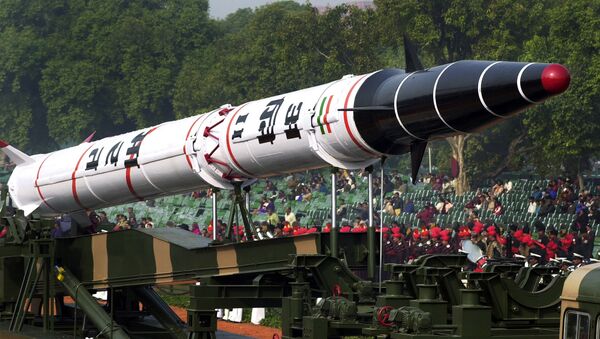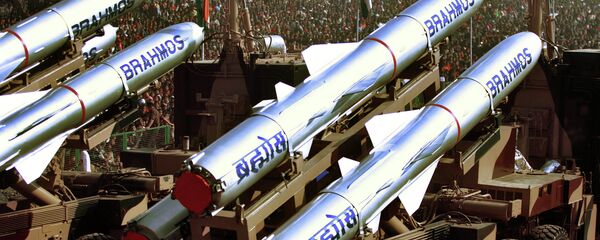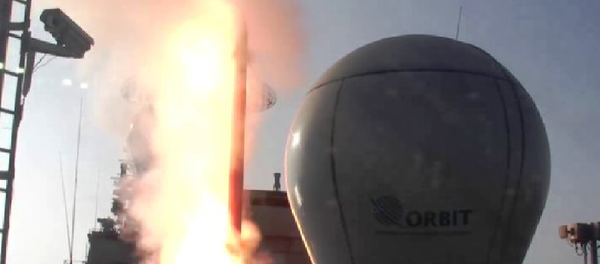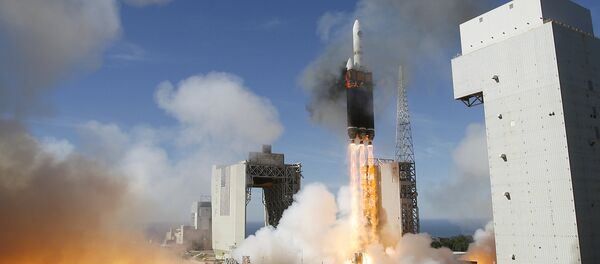The Prithvi-II missile, first tested in 1996, officially entered service with the Indian military in 2003, but has had a mixed success rate. In 2010, for instance, a missile specifically built for testing purposes failed.
On Monday, the Indian military launched an unarmed Prithvi-II randomly selected from its stockpile. While the missile missed its intended target, it did achieve the desired altitude and distance.
In theory, this gives New Delhi the ability to launch a nuclear-capable ballistic missile into Pakistan.
India developed nuclear weapons in 1998, but because they were not a member of the Non-Proliferation Treaty, few third-party countries would provide New Delhi with the missiles necessary to carry the weapons that could effectively deter an attack from Pakistan.
The Chinese government reportedly aided Pakistan’s development of nuclear-capable missiles. India’s latest test means that tensions could increase between the long-time rivals, with both New Delhi and Islamabad capable of using the threat of nuclear warfare over the conflict in Kashmir.
The United States has repeatedly discouraged India from developing ballistic missiles, but its response to this month’s test is decidedly different from the one given in the wake of North Korea’s recent actions.
Earlier this month, Pyongyang launched a satellite into orbit. Washington fiercely criticized the move as a veiled attempt at testing North Korea’s ballistic missile capabilities.
"Our concern though is that they do a space-launch but really it’s the same technology to develop ICBMs [intercontinental ballistic missiles]," a US official, speaking on condition of anonymity, said ahead of the launch.
Following that incident, President Barack Obama felt compelled to assure South Korea of the strength of their alliance.
"The United States stands in solidarity with the ROK [South Korea] and will take the necessary steps to fulfill our ironclad commitment to defend the ROK and our other allies in the region," Obama told South Korean president Park Geun-hye.
On Wednesday, White House spokesperson Josh Earnest announced that President Obama plans to sign a bill that will impose additional sanctions on Pyongyang.
"The administration is deeply concerned with North Korea’s recent actions and their recent provocations, and I can confirm the president does plan to sign H.R. 757, which includes sanctions measures against North Korea and will serve to increase pressure on North Korea," Earnest told reporters.
Washington has given no indication that it will pursue similar sanctions against India.






